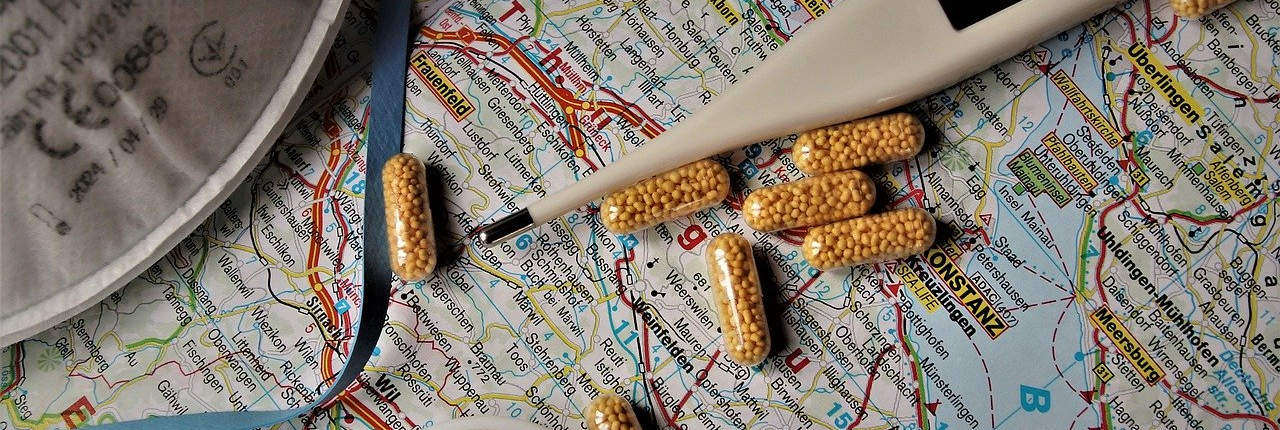The Minister of Immigration is extending visas expiring before 31 March 2021 held by visitors in New Zealand, due to COVID-19. There is no fee for this automatic two-month extension.
Visitors help sustain our tourism and hospitality industries, and the Government recognises the need for ongoing flexibility as we respond to the pandemic.
The extension does not apply to visitors on the special Covid-19 Short-term Visitor Visa, introduced in September 2020.
INZ will shortly be contacting the holders of visitor visas who have been given this extension to confirm their new visa expiry date.
Epidemic notices
Updates: please see the latest INZ COVID-19 changes here.
The New Zealand Government’s epidemic management notice relating to immigration matters comes into effect on Thursday 2 April 2020.
Holders of a work, student, or visitor visa with an expiry date of 1 April 2020 or earlier and who are unable to leave New Zealand must apply online for a new visa. An interim visa will be issued.
Holders of a work, student, visitor, limited or interim visa with an expiry date of 2 April to 9 July 2020 inclusive who are in New Zealand on 2 April 2020 will have their visas automatically extended to 25 September 2020. Confirmation of extensions will be emailed to all visa holders.
You can find your visa expiry date in your eVisa letter.
Travel to New Zealand
The New Zealand Government has further strengthened travel restrictions, closing our border to almost all travellers from 23:59 on Thursday 19 March 2020 (NZDT). New Zealand citizens, permanent residents, residents with valid travel conditions and their immediate family (partner or spouse, legal guardian and dependent children under the age of 24) can still come to New Zealand. Immediate family must have a valid visa or NZeTA and travel with the New Zealand citizen or resident family member on the same flight to New Zealand.
Australian citizens and permanent residents who normally live in New Zealand can also return to New Zealand.
All travellers must isolate themselves for 14 days upon arrival.
Partners of New Zealander coming to New Zealand during COVID-19 travel restrictions
COVID – 19 (Coronavirus) has been declared by the World Health Organization as a pandemic. In order to limit the spread of the virus, the New Zealand Government have put in place travel restrictions. Here are the latest updates for partners of New Zealand citizens or residents.
From Thursday 19 March 2020, 23:59 (NZDT), the New Zealand government closed their border to almost all foreign travellers.
However, New Zealand citizens, permanent residents, residents with valid travel conditions and their immediate family (partner or spouse, legal guardian and dependent child under the age of 24) can still travel to New Zealand.
Partner is defined as a person you are legally married to, or in a civil union, or de facto relationship with, and who you live with in a genuine and stable partnership. Partners can be of the same or opposite sex.
The partner must have a valid visa and he/she must travel with New Zealand citizen or resident family member on the same flight to New Zealand.
At the airport, the officer is likely to assess the partnership based on face-value. However, in some circumstances, you may have to prove your relationship. You may be asked some questions about your relationship and/or show documentations that the relationship is genuine and stable.
Transiting and departure from New Zealand
The Government has decided to bring forward the date for people whose ultimate destination is not Australia from 23:59 (New Zealand time) on Sunday 29 March 2020 to 02:00 (New Zealand time) on Thursday 26 March 2020. This applies to all travellers except those listed below;
Australian citizens, residents and immediate family (partner or spouse, legal guardian and dependent children under the age of 24) are able to transit New Zealand to Australia. Transiting travellers must remain airside and cannot enter New Zealand.
New Zealand citizens, residents and immediate family (partner, legal guardian and dependent children) who normally live in Australia are able to transit New Zealand to return to Australia. If you want to transit, you need to remain airside and not enter New Zealand. If you enter New Zealand, you will be required to self-isolate.
New Zealand citizens, permanent residents who normally live in New Zealand and immediate family (partner, legal guardian and dependent children) are able to transit Australia to New Zealand. Transiting travellers must remain airside and cannot enter Australia.
Airlines will not allow unwell passengers to board. Travellers must contact their airlines and other travel providers for the most up-to-date information about flight availability, transit and entry eligibility for areas affected by border measures.
Emergency consular assistance for New Zealanders +64 99 20 20 20 (if overseas) or 0800 30 10 30 (if in New Zealand).
Entry restriction exceptions
Exceptions to the border closure can be made on a case-by-case basis by Immigration New Zealand for:
- humanitarian reasons
- health and other essential workers
- citizens of Samoa and Tonga for essential travel to New Zealand.
If you have a valid New Zealand visa and think you may be eligible for an exception please contact your airline.
No other foreign traveller can enter New Zealand. Returning residents and citizens must isolate themselves for 14 days upon arrival.
VisaEnvoy’s Coronavirus action plan
The VisaEnvoy team have plans in place to ensure ongoing operation for our current and prospective clients. We are able to work entirely remotely in the event that self-isolation is required or the offices are closed, including accessing client files, emails and phones, lodging applications, and accessing documents.








Upcoming Immigration Changes 2026
New 4-Tier Invitation System for 189 Visa
Australian Immi App for Biometrics
Remote Work and Travel Now Clearer for 491, 494 and 489 Regional Visa Holders
New 186 TRT Rule Adversely Impacts Medical Practitioners’ PR Pathway